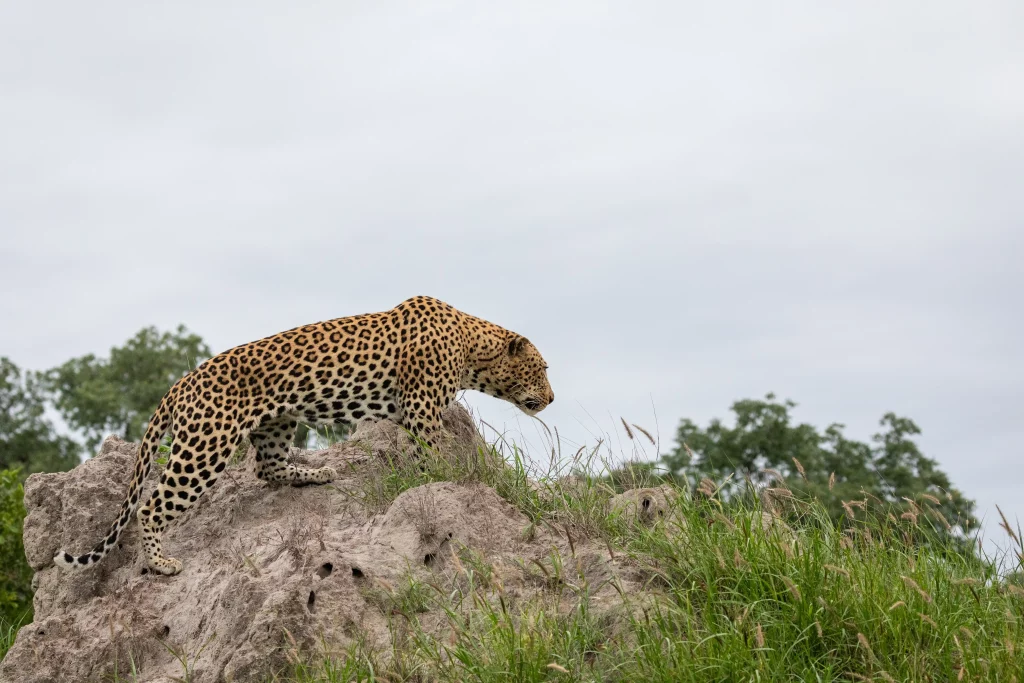Cape Town, July 25, 2023
Cape Mountain Leopards (Panthera pardus pardus) are a vital part of the Western Cape’s ecological landscape. As one of the region’s top predators, they play a significant role in the Cape’s mountainous and fynbos biomes. However, due to their elusive nature and secluded habitat, encountering these elusive felines in the wild is a rare and special occurrence.
Known for their adaptability and solitary nature, mountain leopards are masters of stealth in their remote mountainous territories. They are primarily nocturnal hunters, using their exceptional climbing abilities and strength to prey upon antelope, small mammals, and birds.
A sub-species of the African Leopard, these endemic big cats face numerous threats that contribute to their endangered status, including habitat loss, competition for prey resources, human-wildlife conflict, and the canned hunting industry. As a result, efforts to conserve and protect Cape Leopards have become increasingly important.
Leopards across Africa are listed as endangered under the Endangered Species Act, but Cape Mountain Leopards are even more threatened due to habitat fragmentation and human-conflict, often resulting from the species’ close proximity to Cape Town.
While there is no definite number for cape leopards in the Western Cape, recent studies conducted in surrounding mountainous areas and known Karoo habitats have suggested that there are fewer than 500 Cape Mountain Leopards remaining in the wild.
The Cape Leopard (Panthera pardus pardus) is found in the mountainous regions of the Western Cape province in South Africa. Its range extends from the Cederberg Mountains in the north to the Table Mountain National Park and surrounding areas in the south. Often considered one of the harshest and most inhospitable habitats in the world, Cape Mountain Leopards are able to survive in the dry, rugged, and scarcely nutritious Fynbos biome unique to the Western Cape, South Africa.
The Cape Leopard (Panthera pardus pardus) and the African Leopard are two subspecies of leopards found in South Africa. While they share the same genetics, Cape Leopards are much smaller and more elusive than the widespread African Leopards.

Help us save Africa’s wildlife heritage!
Make a donation of your choice to support our conservation initiatives and rehabilitation projects.
© Copyright ARC (Animal Rescue Centre, Aquila Collection).